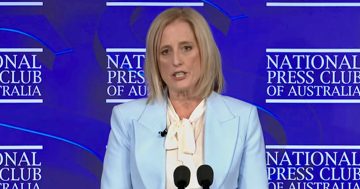Liz Westover* makes an argument for mandatory superannuation on paid parental leave.
 The good news is the superannuation gender gap is narrowing.
The good news is the superannuation gender gap is narrowing.
The reality is there is still so much more that needs to be done to actually close it.
The most recent data is showing that the superannuation gender gap has improved by 22 per cent since the start of the Financy Index.
The median lifetime balance for women is currently only around 75 per cent of the lifetime balances of men and while this is an improvement from 53 per cent sixteen years earlier there is still a significant gap remaining.
The challenge remains on how we continue to close the gap but it would seem that while superannuation remains intrinsically linked to employment, the solutions must first come from addressing the gender pay gap and consideration of the work patterns of women.
Clearly, the rise in the mandatory super guarantee (SG) rate to 12 per cent is critical to improving retirement savings for everyone and importantly the women who are most at risk of poorer retirement outcomes.
However, closing the gender gap on superannuation necessitates more than this with a closer analysis of the work patterns of women and specific solutions directed to improving retirement savings for women in those circumstances.
On the whole women earn less over their lifetimes.
Women are still paid less for doing similar roles as men – the gender pay gap is still very real.
Women tend to work in lower paying jobs, they are more likely to work in casual and part-time roles and they are more likely to have time out of the workforce.
SG calculated as a percentage always gives a poorer outcome when multiplied by a lower wage.
The removal of the $450 per month earnings threshold for SG to be paid from 1 July 2022 is a step in the right direction to improve superannuation for casual and part-time workers.
Superannuation forming part of paid parental leave should be mandatory across the board.
From there, we need to look at improving financial literacy for women, creative ideas for addressing the ways in which super can or should be paid as well as encouraging and removing barriers to voluntary contributions.
Coming up with ideas and incentives that are decoupled from employment may make the difference.
We are trending in the right direction but we still have a way to go.
Women are living longer than men so we must do better to at least ensure equity in superannuation balances.
*Liz Westover is a contributor at Financy.
This article first appeared at financy.com.au.











